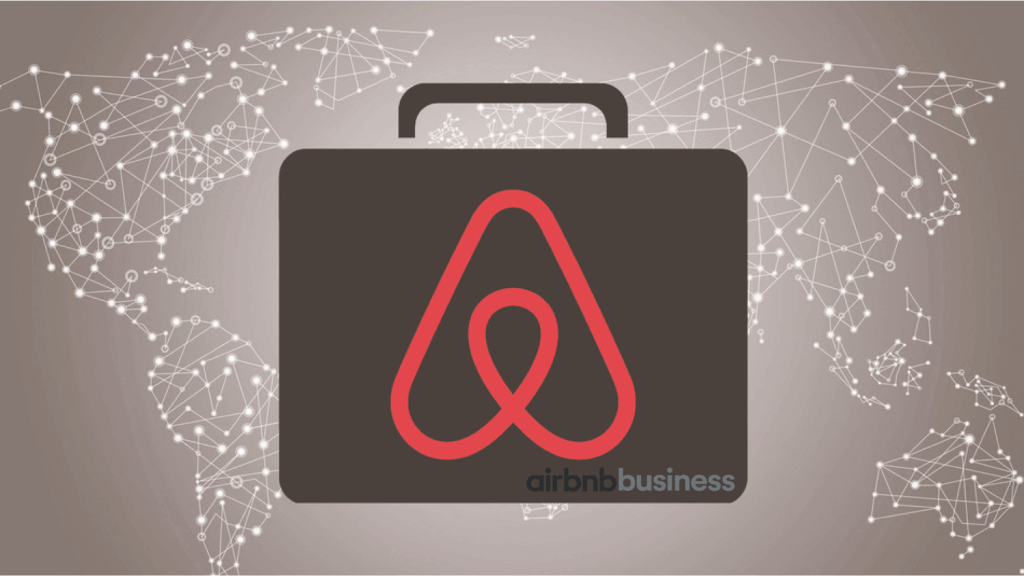
If the reception Airbnb received at this year’s GBTA Convention is any indication, the simple answer to the question in the headline is yes.
While CNN’s Richard Quest managed to garner healthy applause from the audience by bringing up Airbnb’s duty of care shortcomings on a lodging panel that featured the company’s global head of business travel, David Holyoke, Airbnb reps nevertheless seemed downright cozy on the expo floor. (And it’s not just because their booth was designed to look like an industrial-chic apartment.)
Travel managers and industry professionals posted images of themselves sitting in the Airbnb booth on various social media channels. GBTA executive director and COO Mike McCormick tweeted a photo of himself smiling alongside Holyoke in the GBTA Studio. An education session about risk management and alternative accommodations included Airbnb Business Travel rep Jason Beckham and featured a testimonial from Meritor manager of global travel and meetings Jack Reynaert, who said Airbnb was the only alternative accommodations provider that “offered the level of security and risk management that we were looking for.”
Consider how different all of that is from two years ago. In 2015, there was no booth. There were no selfies. Overall engagement among corporate travel professionals was nonexistent beyond a passionate few.
The question becomes one of successful marketing relationships versus actual industry traction. In any industry, companies that can cough up the dollars can get more of the spotlight. GBTA Allied Leadership Council president Scott Solombrino even joked about it on the main stage during the convention lunch on July 18. As such, there’s an argument to be made that Airbnb is being perceived as a bigger player because it has the marketing dollars to position itself that way.
Its growing number of industry partners, however, would suggest otherwise.




